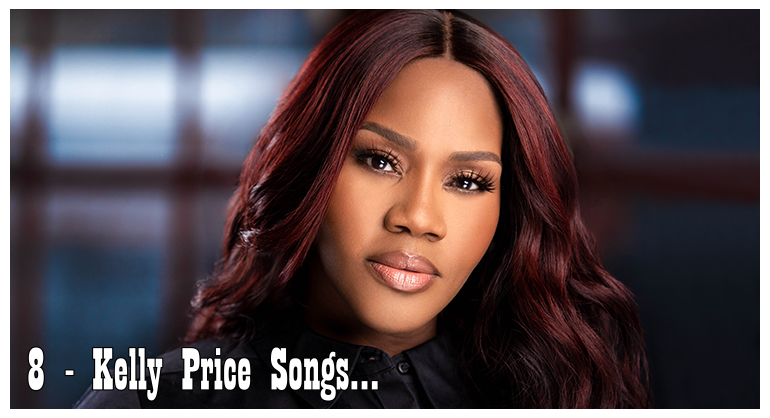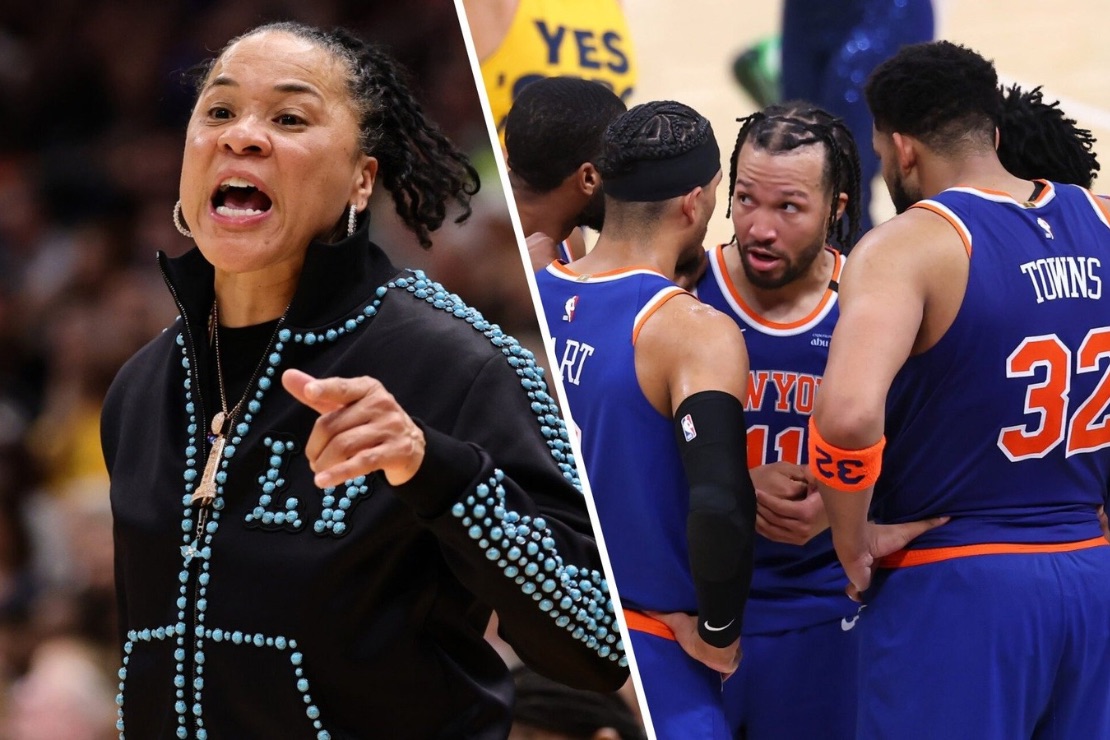(ThyBlackMan.com) The Urban League recently gathered for its State of Black America Conference to discuss issues and concerns that black Americans face across the United States. The conference is both respected and cherished by a community that continuously seeks those who can righteously advocate for the issues that matter the most to black people. To date, the “Holy Trinity of Black Oppression” remains consistent and clear: Economic inequality, educational inequality and mass incarceration.
The Urban League is correct to cite that black unemployment, at 15.3 percent, remains nearly double the 8.9 percent unemployment rate for white Americans. Additionally, we can see more direct links to  unemployment that come from the massive numbers of African Americans who are brought up in inadequate school systems and who are condemned from economic and political participation as a result of a criminal record. The truth is that all of these problems are connected, and failing to address these issues will continue to support the perpetual destruction of the black family in America.
unemployment that come from the massive numbers of African Americans who are brought up in inadequate school systems and who are condemned from economic and political participation as a result of a criminal record. The truth is that all of these problems are connected, and failing to address these issues will continue to support the perpetual destruction of the black family in America.
The cozy relationship that the NAACP and the Urban League maintain with the Obama Administration puts both groups in a bit of a quandary. On one hand, leadership from both organizations would like to see our nation’s first black president become successful as he maintains his rightful place in history. For decades, African Americans have dreamed of having a president of color and Obama has helped to make “the impossible” into a reality.
At the same time, the Urban League’s long-standing position at the back of the administrative bus leaves the organization’s wishes at the bottom of the Democratic Party’s priority list. Quite a few Americans in an allegedly “post-racial society” don’t want to hear a thing about racial inequality or the devastating impact that these structural mechanisms have on the plight of black people everywhere. For example, a recent survey showed that nearly 90% of all African Americans believe that they’ve experienced workplace discrimination, but the Obama Administration has yet to present legislation that effectively deals with racial inequality in the workplace.
As I planned my schedule for next week, I made a few decisions. First, I decided that I would attend the “Measuring the Movement” forum hosted by Rev. Al Sharpton. I attended last year, and my goal is to maintain my commitment to the causes I spoke of last year. Sharpton’s focus on action-based remedies for black suffering appeal to me, because far too many black scholars remain trapped by the social rigor mortis created by our commitment to universities that devalue the importance of African American scholarship.
I am still considering meeting with NAACP President Ben Jealous to hear what he has to say about his recent deal with Wells Fargo. I don’t agree with the NAACP getting into bed with a company that has been accused of massive amounts of predatory lending, but I respect Jealous and I’d like to hear him out. Since his people reached out to request the meeting, I’ve remained concerned about whether the goal of the meeting is to share ideas in a bilateral manner or to have someone convince me that the NAACP’s decision is the right one. I hope they are willing to consider the input of others.
Finally, I chose not to attend the State of Black America forum being held by the Urban League, but not because I have a lack of confidence in their objectives. My greatest concern is that the same ideas seem to be put forth every single year and when it comes to the Obama Administration, the results have always been the same. But according to a recent survey of black readers at YourBlackWorld.com, many members of the black community are more confident in the Urban League than the NAACP, so it is my hope that they can respond to this public confidence with fresh and progressive action.
As I wrote in the past about the importance of black leadership unifying around a common cause, the truth is that we must continue to seek ways to work together. President Obama is a great man and a respected member of the African American community, but he’s made it clear that he cannot consider himself to be a black leader. Given that this is the case, the truest of black leadership among us must find common ground and seek out firm engagement with the Obama Administration to let them know that we refuse to be ignored. Our admiration for Obama must come with a loving demand for clear accountability. The time must be now for change and black leadership must find a way to adjust.
Staff Writer; Dr. Boyce Watkins
Dr. Boyce Watkins is the founder of the Your Black World Coalition. For more information, please visit http://BoyceWatkins.com.

















I think that we who participated in the kick off of Rev. Al Sharpton’s “Measuring The Movement” 12 Month Action Plan last year need to do a lot of listening to each other before we can demand that President Obama or his administration listen to us for we still do not have a united front on just what we want and how from the administration.
Last year, I remember Roland Martin answering an accountability question making the announcement that participants should look to his website for ongoing reports on what various organizers, activists, and other key participants were doing around the country leading up to this years upcoming convention in April in New York. Since April of last year Chicago organizers have held strategic meetings every 90 days on our activities last April through The Black Wall Street Chicago organization. I think Rev. Sharpton posted ONE update, but I cant remember Roland Martin posting ANY and I know that I make it a point to send all of our mobilization updates to Roland, Tom Joyner, Warren Ballentine, Hermene Hartman, George Curry, Dr. Boyce Watkins as well as Rev. Sharpton, Rev. Jackson and others and I have not seen any of those leadership initiatives publicly shared through these key participants, while I make it my business to repost their positions on my e-blasts, news blogs, and organizational events.
If we who Rev. Sharpton chose for various leadership positions do not have an operational united front, then how do we have the kind of grassroots support needed to get anything of substance from The Obama Administration.? In Chicago, The Urban League is having a Summit that the grassroots communities they seek to empower cant even afford to attend with its $75 to $150 ticket prices. The first thing we need to be “measuring” is how we communicate and support each other before we can have the strength to win real grassroots victories of substance. I hope that we do more listening to each other.